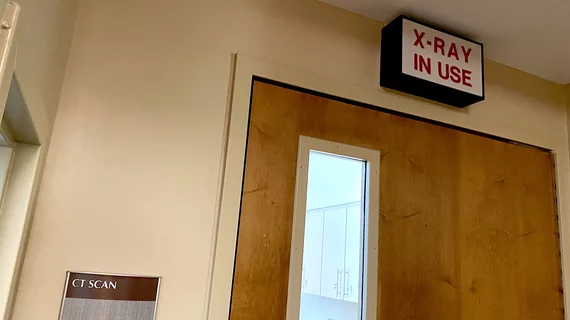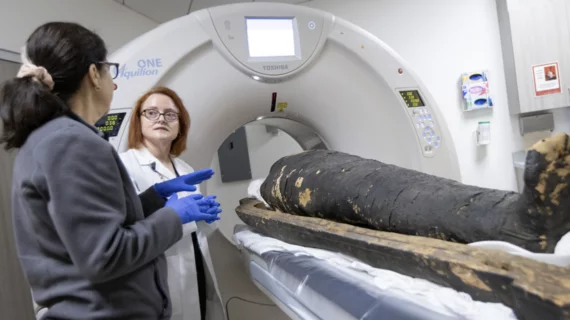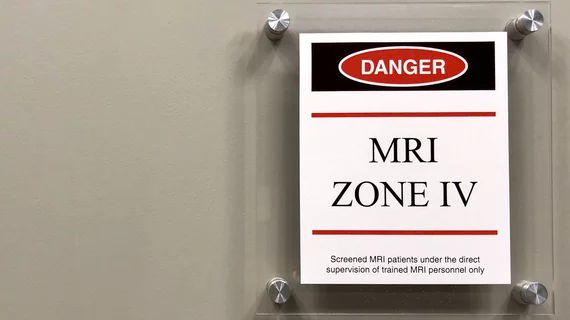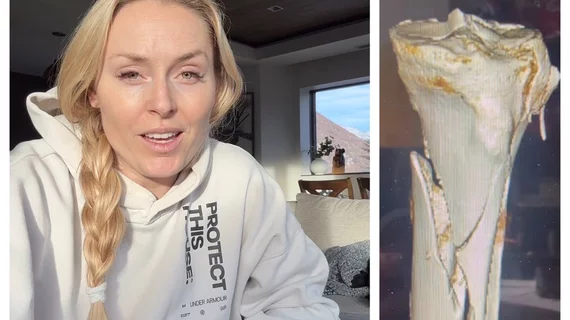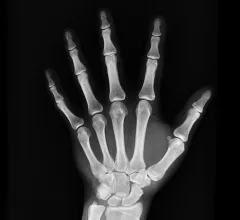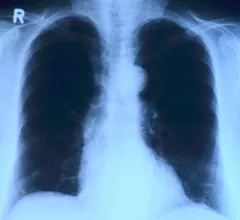Quality
The focus of quality improvement in healthcare is to bolster performance and processes related to diagnostic and therapeutic procedures. Leaders in this space also ensure the proper selection of imaging exams and procedures, and monitor the safety of services, among other duties. Reimbursement programs such as the Merit-based Incentive Payment System (MIPS) utilize financial incentives to improve quality. This also includes setting and maintaining care quality initiatives, such as the requirements set by the Joint Commission.
Displaying 497 - 504 of 1337

